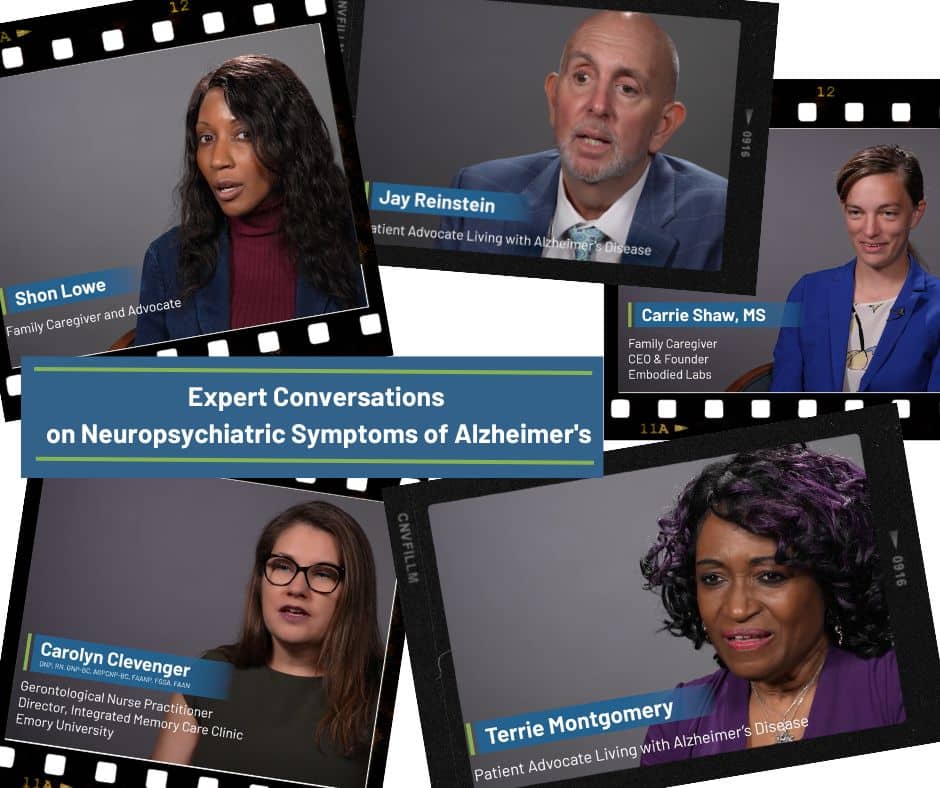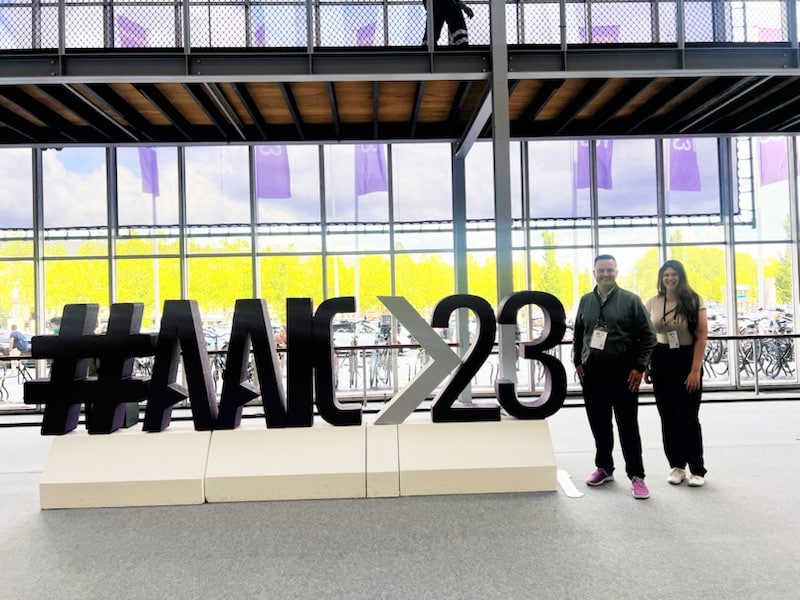While most people in a recent survey said they would encourage a loved one to seek early diagnosis if they suspected Alzheimer’s disease, when faced with the reality, only a small number sought out early diagnosis.
The reasons why some people seek early detection while others delay are complex. This survey indicates that one reason may be a lack of confidence in their ability to identify symptoms. More than 90% of those surveyed were unable to distinguish between early-stage, late-stage, and completely unrelated symptoms. It may also be a lack of awareness about treatments—a third didn’t know there were treatments available for disease symptoms, and the majority didn’t understand how those treatments work.
Whatever the reason for the delay, these findings clearly support the need for educational efforts like the one chosen by the American Express Members’ Project—the Alzheimer’s Disease: Early Detection Matters campaign. Read our recent posting about this campaign. This and other educational efforts need to teach about early signs of the disease and encourage people to take action if symptoms are suspected.
This on-line survey of more than 1,000 adults age 55 and over was commissioned by the Alzheimer’s Disease Screening Discussion Group (ADSDG). Visit the ADSDG website to learn more about the survey and results.





